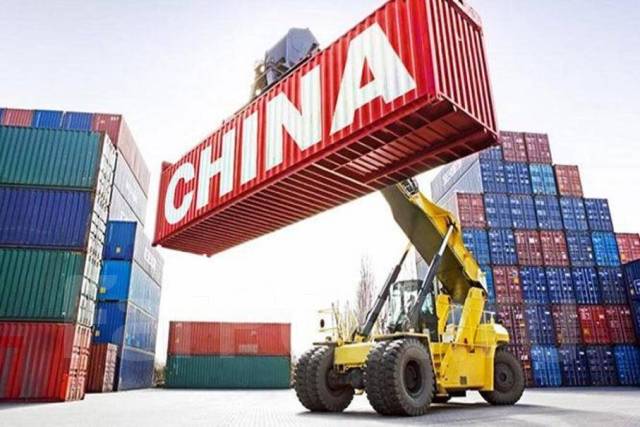How Machine Learning Revolutionizes Freight Rate Prediction
페이지 정보

본문
Predicting freight rate fluctuations has long been a challenge for shipping firms, exporters, and haulers. Standard approaches use past records, cyclical patterns, and human analysis, but these systems are blind to rapid disruptions caused by rising oil costs, terminal bottlenecks, or international conflicts.
Machine learning offers a more dynamic and accurate way to anticipate these changes by ingesting and interpreting live data streams.
AI systems can pull in information from diverse channels including X trends on port holdups. By uncovering subtle interdependencies across variables, these models can estimate future pricing trends with multi-day to multi-week accuracy. One case shows hurricanes in the Gulf trigger a 12–18% surge in transatlantic rates from Texas ports within 72 hours.
Machine learning excels because it evolves with new conditions. Unlike static rule-based systems, they refine predictions dynamically as inputs change. Should a new logistics lane emerge or a leading shipper revise its rate card, it autonomously recalibrates its outputs to reflect the new reality. This agility gives it a decisive edge over legacy methods.
Companies that implement these systems often see better decision making across their operations. Cargo owners secure lower costs ahead of market spikes, hauliers improve trailer utilization and routing, and intermediaries gain stronger leverage in discussions. Some firms have cut logistics costs by as much as 15% simply by scheduling cargo moves during anticipated low-price windows.

However, creating accurate forecasts demands clean, comprehensive data and precise parameter adjustment. Poor or incomplete data can lead to inaccurate forecasts. It also helps to combine machine learning with human expertise. Top performers validate machine outputs with seasoned judgment before acting.
As the global supply chain becomes more complex and interconnected, demand for доставка из Китая оптом intelligent forecasting will intensify. AI augments—not substitutes—expert insight, but it empowers it. Through translating information into actionable intelligence, it enables companies to outmaneuver competitors in a sector defined by precision timing.
- 이전글Guide To Buy IELTS Exam: The Intermediate Guide On Buy IELTS Exam 25.09.20
- 다음글You'll Never Guess This IELTS Certificate For Sale's Tricks 25.09.20
댓글목록
등록된 댓글이 없습니다.

